
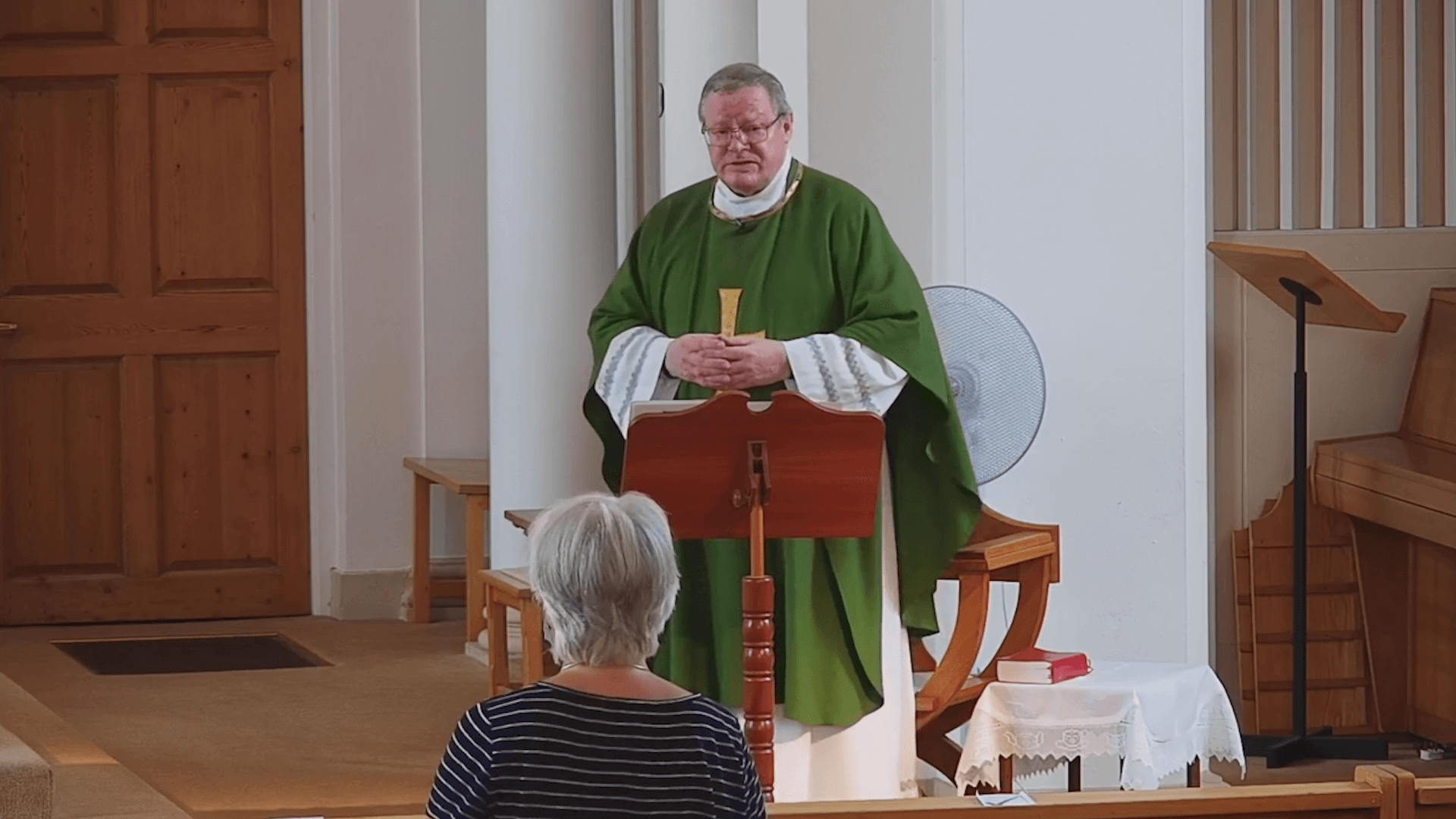
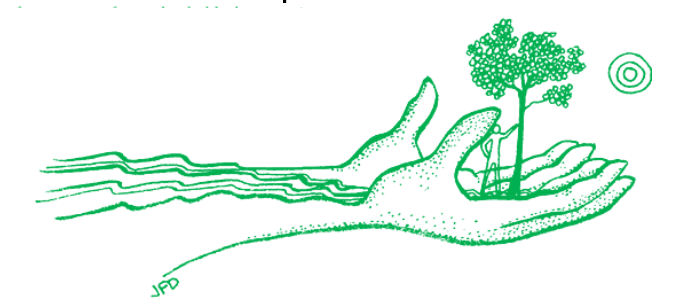

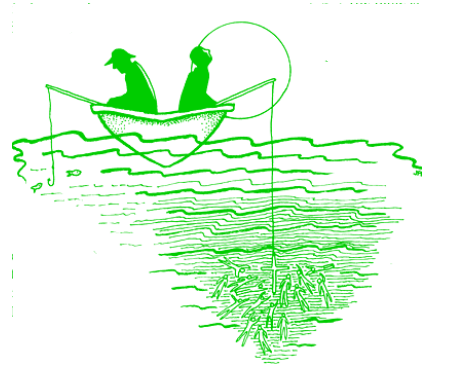

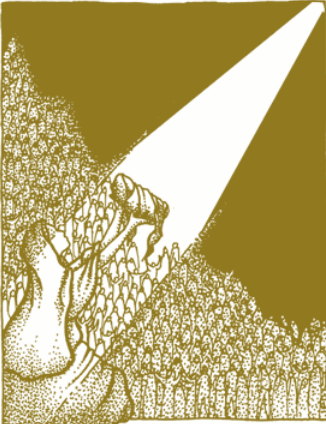


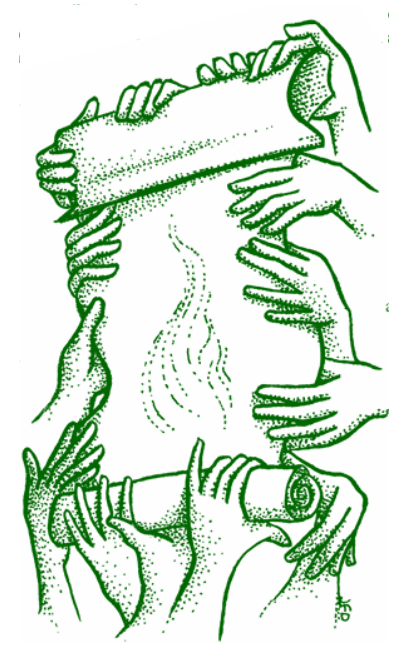
It might seem like Jesus is telling his followers they should be “push-overs” with his instructions in the first half of this gospel passage. Turn the other cheek, hand over your cloak as well as your tunic, go the extra mile - they all seem passive in the face of injustice. In reality, Jesus’ listeners would have heard the radical call to show strength and courage with these particular responses. Each response would have publicly called out the offender.
To turn your cheek after being struck on the right cheek (which would be the slap given by a superior to someone inferior to him) would be to insist to the person hitting that you were their equal in dignity. If someone took your tunic, the only thing hiding your nakedness would be your cloak. To be naked in public was more shameful for the observer than the naked person in Jesus’ culture. Jesus knows that if you started to take off your cloak, the one who took your tunic would be quick to let you keep it. Roman soldiers were permitted to press people into service to carry their gear for a mile, but it was illegal for them to ask for more. Someone who cheerfully offered to go farther could then bring punishment on the soldier. In all these examples, Jesus finds a “third way” to respond to injustice. He doesn’t ask his disciples to accept it passively. He doesn’t permit violence in return. Instead, he calls for a response that upholds the dignity of the victim while giving pause to the offender.
The second half of the passage, with its teaching on loving your enemies, is challenging in itself. Some people may be fortunate enough to be in a place in life where they don’t feel that they have enemies. Jesus’ teaching to “love your enemies and pray for those who persecute you” might seem like a non-issue. Perhaps these lucky ones can bring greater love into the world by spending energy on loving and praying for their family’s, churches, or nations “enemies.”
Jesus knows that many of us aren’t in a place of feeling able to love our enemies. But he doesn’t let us off the hook here. Just because it’s hard doesn’t mean we shouldn’t aspire to it. If we want to be more God-like, we can work toward that, trusting that Jesus doesn’t judge us for having normal human emotions and reactions. It may take a long time, but there are plenty of examples of people who have arrived at a place of being able to love others who have hurt them terribly. In the meantime, perhaps the rest of us can at least pray to have the desire to pray for our enemies.
Questions of the Week
• When have you seen ore heard about a victim responding to violence or injustice in keeping with Jesus’ teaching as above? How did that affect you?
• Have you ever had an experience of genuinely being able to love and pray for an enemy? What was that like?









